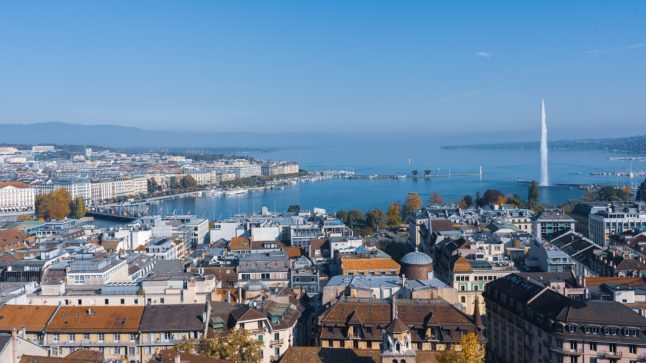Switzerland’s paid annual leave — four weeks —is not as generous as in some other countries, but the Swiss have only themselves to blame for that.
In what should go under the heading of “Only in Switzerland”, in a 2012 referendum, 67 percent of the country’s voters rejected (yes, rejected) the proposal to extend the mandatory leave to six weeks.
Why? Because they believed longer holidays would cost the economy billions of francs each year, and the money-conscious Swiss just couldn’t allow that.
As the media reported at the time, the outcome showed that Swiss voters had realised “something which sounds nice at first, on closer look brings many disadvantages” and that “citizens have kept a sense of reality”.
What does the law say?
For full-time work, which is 41 hours per week, “employers in Switzerland must allow their employees to have a minimum of four weeks of vacation each year, and at least five weeks in the case of employees who have not yet reached the age of 20”.
However, many companies offer their employees more than the legal minimum; the exact number of days or weeks is outlines in an employment contract.
For part-time work, the four-week period is pro-rated according to the number of hours an employee works each week.
These rules apply to everyone employed in Switzerland, including foreign nationals.
Public holidays
In addition to the statuary annual leave, employees are also entitled to get public holidays off with pay.
On the federal level, public holidays are January 1st (New Year’s Day), Ascension Day, August 1st (National Day), September 19th (The federal day of thanksgiving, repentance, and prayer, which is a holiday everywhere in Switzerland except in Geneva, which celebrates it on September 9th), and December 25th (Christmas Day).
Technically speaking, Easter Sunday is also a national holiday, however it always falls on a Sunday.
Additionally, nearly each Swiss canton has its own pubic holidays, which workers can have off with pay.
What about parental leave?
Until January 1st, 2021, only mothers were allowed to take time off after the birth of their babies — 14 weeks at 80 percent of their usual earnings, although cantonal laws and / or employment contracts may provide for a more generous leave and compensation.

New mothers are entitled to 14 weeks off. Photo by Alexandr Podvalny / Pexels
In terms of paternity leave, Switzerland has long lagged behind its neighbours, with fathers allowed to take only one unpaid day off upon the birth of their child.
However, in September 2020, Swiss voters approved the plan to extend this leave to two weeks for all biological fathers, who are paid 80 percent of their earnings — up to a maximum of 196 francs per day — during this time.
READ MORE: How does paternity leave work in Switzerland – and who can claim it?
The days do not have to be taken all at once; fathers could elect to take one day off per week for ten weeks, or any combination thereof.
But that’s not all.
While this does not count as annual leave, employees are also allowed to take paid absence due to extreme or extraordinary situations, including sickness, accidents, military service, marriage, and death of a close relative.
READ MORE: Working in Switzerland: A weekly roundup of the latest job news



 Please whitelist us to continue reading.
Please whitelist us to continue reading.
Member comments